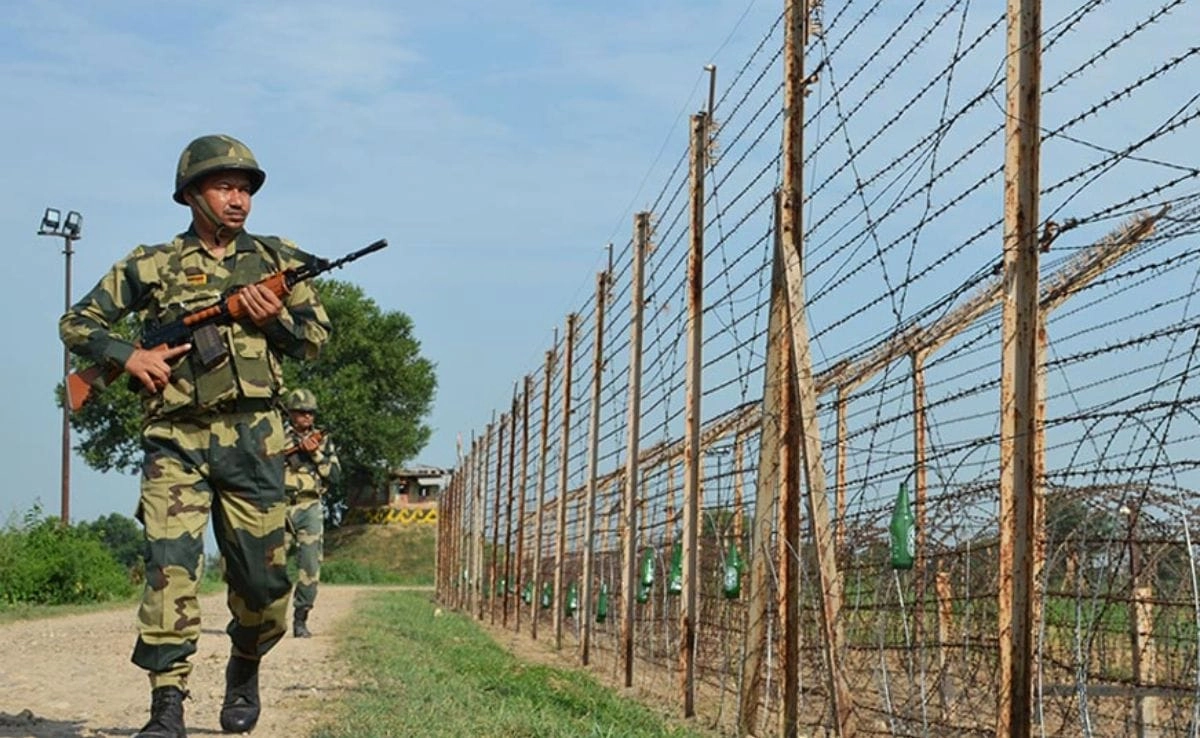In recent developments surrounding the Pahalgam terror attack, tensions in the region have escalated, particularly with reports of Pakistan violating the ceasefire agreement once again. This incident has raised significant concerns regarding the ongoing security situation in Jammu and Kashmir. The attack, which targeted Indian security forces, has been condemned both domestically and internationally. In light of these events, the United States has reiterated its support for India, emphasizing the importance of maintaining stability in the region. This endorsement from the US underscores the growing geopolitical dynamics at play, particularly given the historical context of India-Pakistan relations.
The ceasefire violations by Pakistan not only exacerbate the already fragile situation but also pose a direct challenge to peace efforts in the area. The Indian government has responded firmly to these provocations, stressing the need for a coordinated international response to combat terrorism. This incident serves as a stark reminder of the persistent threats posed by extremist groups operating in the region and the need for robust counter-terrorism strategies. The Indian military has been on high alert, and there are calls for greater vigilance and preparedness to thwart any potential attacks in the future.
The US backing of India in this context is significant, as it reflects a broader strategy to counteract terrorism and promote regional stability. American officials have acknowledged the challenges India faces in dealing with cross-border terrorism and have expressed solidarity with India’s right to defend itself. This support could potentially lead to enhanced cooperation between the two nations in terms of intelligence sharing and military collaboration. As the situation unfolds, it is crucial for both countries to engage in dialogue and work towards a peaceful resolution, while also addressing the underlying issues that contribute to such violent outbreaks. The international community’s involvement will also be key in ensuring that peace efforts are supported and that perpetrators of violence are held accountable.




